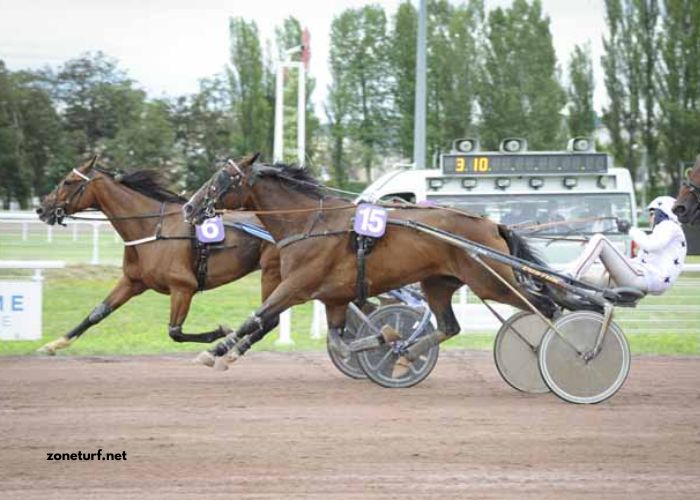Real Madrid Club de Fútbol, commonly referred to as Real Madrid, stands as one of the most prestigious and successful football clubs in the world. With a rich history dating back over a century, Real Madrid has consistently set the standard for excellence both on and off the pitch. In this article, we will delve into the storied history of Real Madrid, explore its achievements, discuss its impact on the footballing world, and examine what sets this legendary club apart from the rest.
Founding and Early Years
Real Madrid was founded on March 6, 1902, by a group of football enthusiasts led by Juan Padrós. Originally known as Madrid Football Club, the team adopted the name Real Madrid in 1920 after receiving royal patronage from King Alfonso XIII of Spain. In its formative years, Real Madrid experienced moderate success, winning its first Spanish championship in 1932.
The Golden Era
Real Madrid’s fortunes changed dramatically in the 1950s when the club entered what would become known as its “Golden Era.” Under the guidance of legendary coach Santiago Bernabéu, Real Madrid achieved unprecedented success, winning numerous domestic and international titles. The highlight of this period was the club’s dominance in the European Cup, now known as the UEFA Champions League, winning the trophy five times in a row from 1956 to 1960. This era saw the emergence of iconic players such as Alfredo Di Stéfano, Ferenc Puskás, and Francisco Gento, who cemented Real Madrid’s status as a footballing powerhouse.
Continued Success and Global Reach
In the decades that followed, Real Madrid continued to enjoy success both domestically and internationally. The club expanded its global reach through strategic signings of top players from around the world and through its participation in high-profile tournaments and friendly matches. Real Madrid’s commitment to excellence on the pitch was matched by its efforts off the field, with the club investing in state-of-the-art training facilities, youth development programs, and community outreach initiatives.
Modern Era and Galácticos
In the late 20th and early 21st centuries, Real Madrid entered a new phase of its storied history with the introduction of the “Galácticos” era. Led by club president Florentino Pérez, Real Madrid embarked on a strategy of signing high-profile superstar players, including Zinedine Zidane, Ronaldo Nazário, Luís Figo, and David Beckham, among others. While this period brought success in terms of marketing and commercial appeal, it also saw mixed results on the pitch, with the club facing challenges in maintaining consistency and team cohesion.
Recent Achievements and Future Outlook
In recent years, Real Madrid has continued to assert its dominance both domestically and in European competitions. The club has won numerous La Liga titles, Copa del Rey trophies, and UEFA Champions League titles, solidifying its status as one of the most successful clubs in football history. With a blend of seasoned veterans and promising young talent, Real Madrid remains a force to be reckoned with on the global football stage.
Conclusion
Real Madrid Club de Fútbol stands as a shining example of excellence, tradition, and innovation in the world of football. From its humble beginnings to its current status as a global powerhouse, Real Madrid has left an indelible mark on the sport and continues to inspire millions of fans around the world. With a legacy built on a commitment to excellence, a dedication to its values, and a relentless pursuit of success, Real Madrid remains a beacon of hope and inspiration for football enthusiasts everywhere.



